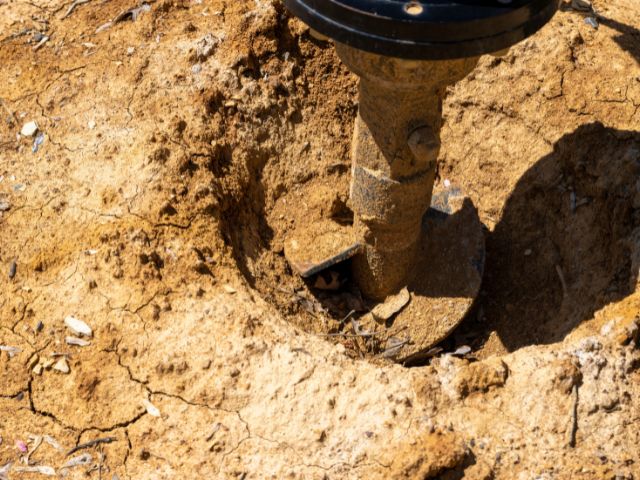
Construction equipment should be tough and durable. However, just like any machine, pushing these workhorses beyond their limits can lead to problems. That’s why it’s crucial to recognize the signs that you’re overworking your construction equipment to avoid any potential damage. Keep reading for valuable information so that you don’t overwork the heavy equipment on your worksite.
If your equipment isn’t operating at its usual efficiency, that may be a sign of overworking. You can observe a slower work pace or decreased output. These could be due to wear and tear taking its toll on the machine or more extensive underlying issues. Keep an eye on the performance of your equipment, and if you notice any significant changes, be sure to address them promptly.
Unusual noises from your construction equipment are often a sign of strain or overwork. Listen for grinding, screeching, or other abnormal sounds that could indicate mechanical issues. If you hear such noises, have a professional technician inspect and service the equipment before the problem worsens. For example, if your backhoe loader is making a squealing noise, you should service the machine before using it again.
If you need to repair your equipment more frequently than usual, it’s probably a signal of overwork. Frequent repairs may be due to overloading the equipment, using it for tasks the manufacturer didn’t design it for, or simply pushing it beyond its limits. To minimize the need for repairs, use the equipment properly and according to manufacturer guidelines.
Overheating is another sign that you’re overworking your construction equipment. Insufficient coolant, a clogged radiator, or an overworked engine can cause overheating. If your machines are regularly overheating, addressing the root cause is crucial, as is ensuring you adequately maintain them to prevent permanent damage and safety hazards.
Keep an eye on the wear and tear of your equipment’s components, such as gears, belts, or chains. Also, know the reasons behind this wear. For example, causes of excessive wear on rock augers might include never replacing the teeth or bits. Regularly check these parts for signs of wear and replace them as needed to maintain optimal performance and prevent breakdowns.
So how can you prevent overworking your construction equipment? First, establish a comprehensive preventive maintenance program to ensure your machines are always in top working condition. Secondly, train your operators in proper equipment use and handling, following the manufacturer’s guidelines and ensuring you use the equipment for its intended purpose. Lastly, monitor your equipment to spot any signs of overwork and address them before they escalate into more serious problems.
By being proactive and attentive to the signs, you can effectively prevent potential problems and ensure the smooth functioning of your machines. Taking the time to educate yourself on the warning signals and implementing timely interventions will save you from costly repairs and promote a safe and productive work environment.
24World Media does not take any responsibility of the information you see on this page. The content this page contains is from independent third-party content provider. If you have any concerns regarding the content, please free to write us here: contact@24worldmedia.com